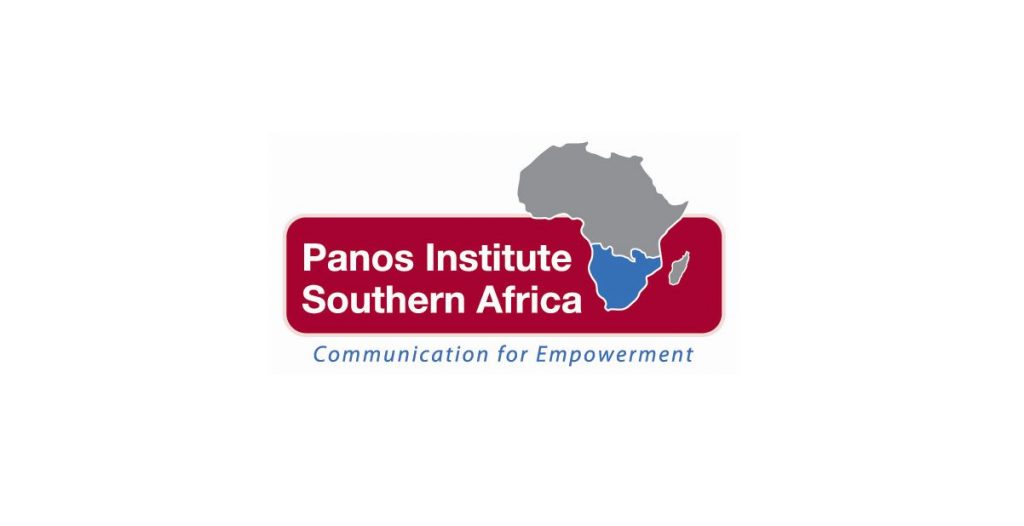
Panos challenges media, civil society to create spaces child participation in local governance
Grahamstown, 01 September 2017: Panos Institute Southern Africa (PSAf) has called on the media and civil society to work together to provide platforms for children to also participate in decision making at the local government level.
Addressing delegates at the 2017 Highway Africa conference in Grahamstown, South Africa on 31 August 2017, PSAf Programme Manager for Media Development and ICTs, Elias Banda said children had an important role to play in the sustainable development of any community. He however noted that children were failing to play this role as they did not have access to spaces that would enable them to do so.
“As an organisation, we identify and work with existing community structures or entities that defend marginalised groups such as children. Where these structures do not exist, we support the community members to create them,” said Mr. Banda. “We are particularly concerned about the need for all sections of society to have access to platforms to voice out on their issues. Unfortunately, we have noted that in most communities across Southern Africa, children are left out of the decision-making process on issues of local governance. This is despite the fact that most local governance issues directly affect or about children. We believe as an organisation that children must participate in decision making processes, and their voices heard by all concerned stakeholders. We call on the media and civil society to provide spaces for children to also voice out, to be a part of conversations about issues that affect them.”
Mr. Banda said the media platforms should not just give children platforms to disseminate and receive information, but also supporting them to use that information to participate in local governance.
Mr Banda added: “PSAf builds the capacity of children to understand their rights, and we also strengthen them to demand access to quality services. Understanding one’s rights is an important starting point towards demanding for them, and holding to account those who have the responsibility to ensure that the rights of children to issues such as health and education are met. This can only be possible if there are spaces for children to participate in decision making, to influence responses to development challenges at the community level.”
Mr. Banda said children have a lot of issues that they are keen to speak out on, and to influence decisions and action, but limited access to platforms was hindering them.
“Right now, I have with me a communique that was written by children from five rural Zambian districts, speaking on behalf of other children in Southern Africa, where they are demanding to be part of decision making processes. The children developed this petition after a two-day consultative meeting in Lusaka, and they decided that our team should share it here so that through this conference, we can reach civil society, media and leaders across Africa with this message from the children.”
Mr. Banda said the media, especially rural community media, had a duty to ensure that children found a platform to engage with traditional and religious leaders on matters of interest to children.
“We have seen that in some cases, the relationship between the local media and the children is not that good. This makes the children to shy away from the media platforms, or the media to shut out the children. We need to have the media, civil society and children working together as a strong alliance, ensuring that children are involved in decision making, and their issues addressed. For us as an organisation, we have made sure that issues of child participation are mainstreamed in all our programming,” added Mr. Banda.
PSAf is implementing a project that seeks to facilitate effective children participation in the child rights governance processes at local government level, and to stimulate dialogue and advocacy among stakeholders for effective child right-based programming. Under this project, PSAf has mobilised children in rural schools into child rights clubs or children action groups for promotion and protection of children’s rights in the community, and trained the children to hold their schools, communities and districts to account. PSAf has also provided the children with advocacy and media skills to appear before office bearers, traditional/religious community leaders for lobbying. PSAf has also trained community radio journalists to cover children and to provide media space for the coverage to children’s issues. Through this project, children leaders have had opportunities to present before their local traditional and religious leadership, line ministries and communities children’s plans and petitions. They have also mobilized themselves to demand child friendly services in public schools and health centres.
To read and share the children’s communique, visit http://panos.org.zm/2017/08/25/child-rights-governance-communique-by-zambian-children-on-behalf-of-all-children-in-southern-africa/https://www.panos.org.zm/index.php/2017/08/25/child-rights-governance-communique-by-zambian-children-on-behalf-of-all-children-in-southern-africa/